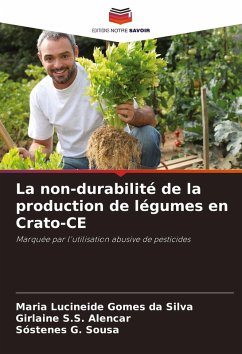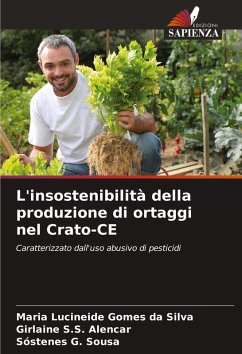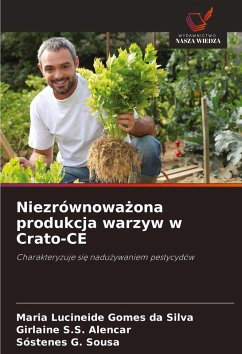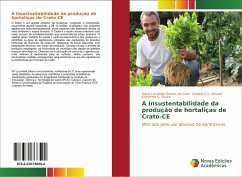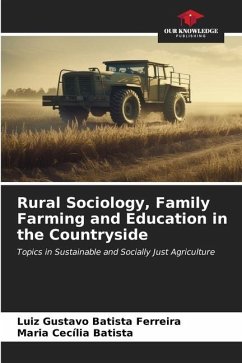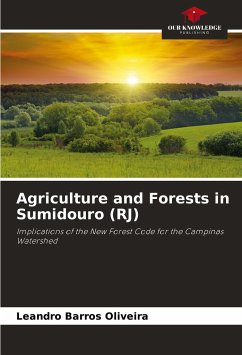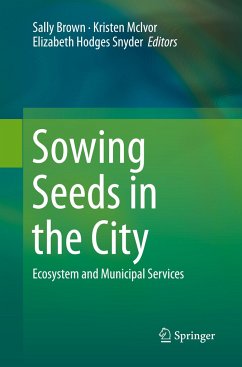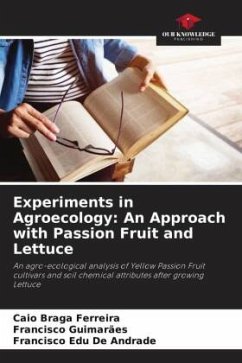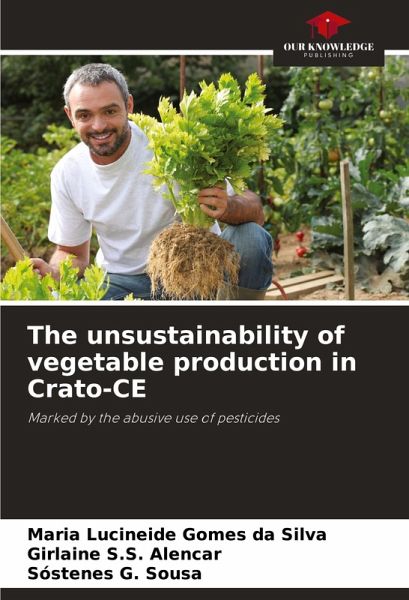
The unsustainability of vegetable production in Crato-CE
Marked by the abusive use of pesticides
Versandkostenfrei!
Versandfertig in 6-10 Tagen
24,99 €
inkl. MwSt.

PAYBACK Punkte
12 °P sammeln!
Brazil is a major producer of vegetables, with an annual turnover of more than R$10 billion. However, pesticides are used indiscriminately and these products are highly damaging to the environment and human health. Ceará is the fourth Brazilian state with the highest number of establishments selling these products. The aim of this study was to assess the socio-economic profile of producers and identify the types of pesticides used on vegetable plantations in the municipality of Crato-CE. The study was carried out in a descriptive manner, with technical expeditions to the production sites. It ...
Brazil is a major producer of vegetables, with an annual turnover of more than R$10 billion. However, pesticides are used indiscriminately and these products are highly damaging to the environment and human health. Ceará is the fourth Brazilian state with the highest number of establishments selling these products. The aim of this study was to assess the socio-economic profile of producers and identify the types of pesticides used on vegetable plantations in the municipality of Crato-CE. The study was carried out in a descriptive manner, with technical expeditions to the production sites. It was found that the production model used in horticulture in the municipality does not have any major technological advances. Around five pesticides were used, none of which are recommended for the crops. In this context, emergency measures are needed to minimise the use of pesticides in horticulture in the municipality of Crato.





